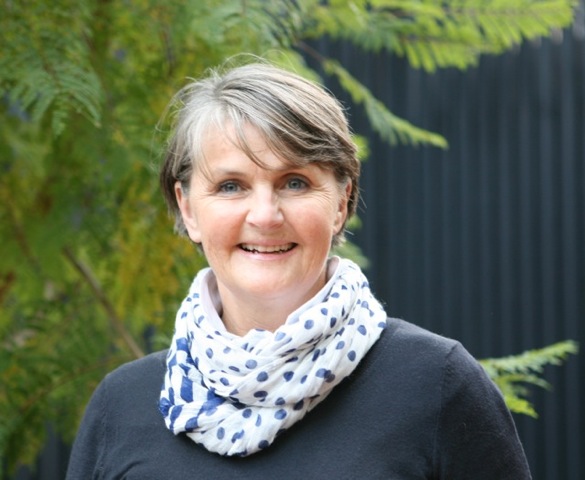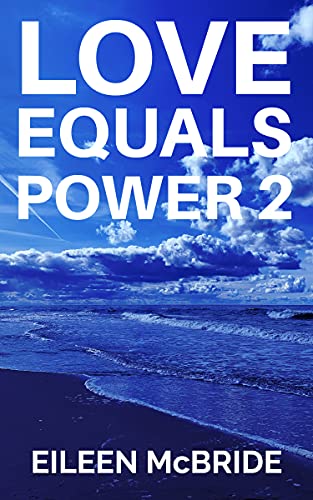I was once told that when I feel dispirited and a bit down on life, a good antidote is to make an effort to notice the abundance of natural beauty all around us. I was living in Northern California at the time and, to be honest, this was not a tough ask. I immediately immersed myself in magical glades of redwoods, sunsets over rolling surf, hummingbirds fluttering outside my window, beautiful cloud formations backgrounded by enormous blue skies, carpets of California poppies, - it seemed like I was literally surrounded in endless beauty.
When I noticed, or thought about, things that disturbed or unsettled me, I quickly turned my attention back to the gifts nature bestows on us all on a daily basis. I was amazed how quickly I recovered my normally happy and buoyant self. I couldn’t even remember why I had been down in the first place and this is now standard practice for me whenever the lights dim for me.
We can adapt this practice to our dealings with other people. When we become consumed with other people’s shortcomings life can become a seriously depressing place. It feels like all there is is hatred, vengeance, betrayal and judgment, making the world feel like a frightening and dangerous place.
Is it not enough that the media presents a relentless stream of such negativity to us everyday, saturating us in stories of our own depravity and selfishness? If, when faced with difficulties in our personal relationships, we see only how much people do not live up to our expectations and obsess over how others fail to make us happy or fulfilled, is it surprising so many of us feel deep and abiding despair?
Yet, we can change our experience just by shifting our attention. In her book “The Happiness Project,” Gretchen Rubin tells of a friend who wanted a particular job and refused to be deterred by what others said about her future boss. Not only did she refuse to entertain critical thoughts about the man who had a reputation for being “notoriously difficult,” she made sure never to criticize him to others behind his back, and she would not listen to others when they did so. She actually adopted the mantra, “There is only love,” until her perceptions shifted and she could honestly say she liked him, even while others continued to struggle with him.
This is one way we can consciously create our own experience and become responsible for our own happiness. We become less dependent on others and our external circumstances for our inner peace and contentment and less vulnerable to shifts in circumstances and the general vicissitudes of life. By intentionally placing our focus on the soul-feeding beauty of nature, and human nature, our souls are renewed and replenished and all becomes well with our world again.
If we acknowledge only the love, which is the underlying impetus of our universal struggle to be the best we can be; if we notice only that in others that reminds us of our common humanity and our oneness, and allow that to be the substance of our peace and forgiveness; if we focus only on the things that inspire hope, optimism, faith and trust, then we are able to let all the rest fade into the background, and the peace and love become palpable.

